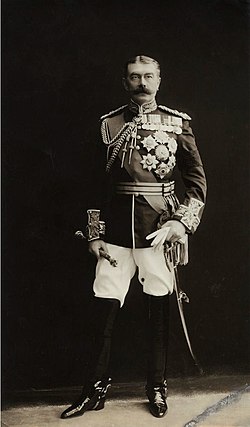World War II is the war that made us focus on the evils of the concentration camp. But there were concentration camps long before then. The English term "concentration camp" was coined by Lord Kitchener during the Second Boer War.
The
Second Boer War took place from October 11, 1899 to May 31, 1902 between the South African Republic, also known as Transvaal Republic, and the United Kingdom. During the war, as part of their scorched earth policy, the British placed South African civilians, most of them women and children, in concentration camps. They established separate camps for white Boers and black Africans, but conditions in both types of camps were equally appalling. Over 26.000 women and children died in the concentration camps, many of them from starvation.
 |
| Lizzi van Zyl suffering of malnutrition in a British Concentration Camp |
It is quite possible that the idea for the Nazi concentration camps came from observing the British example, though it is not really the case that the British intentionally set out to exterminate a whole race of people. Instead, the concentration camps were badly administered, and there was not enough to eat.
Today, people avoid using this term for camps that they want to have others think well of. They talk about "central relocation centers" or some other euphemism, due to the pejorization of the terminology from the previous century. But at the time, when the term "concentration camp" was newly coined by Lord Kitchener, it was meant to seem like a humanitarian effort to accommodate dislocated enemy civilians, rather than just letting them perish or selling them into slavery.
 |
| Boer Women and Children Entering a Concentration Camp |
In ancient times, when civilian populations were being subdued during a war, most of the men were killed and the women and children were sold into slavery. As a result, the survivors were seen as valuable commodities to be exploited, and slaves were usually well fed. But as soon as enemy civilian populations stopped being something valuable that you could use or sell off for gain, that's when they became a complete liability. Even when nobody was intending to kill them off, they were locked away and not enough food was requisitioned to feed them, since there was no benefit to their captors from doing so.
People in a concentration camp are not free, but they are also not slaves. They might actually fare better if they were slaves. Their situation is unbearable precisely to the extent that no one sees them as being of any use.



No comments:
Post a Comment